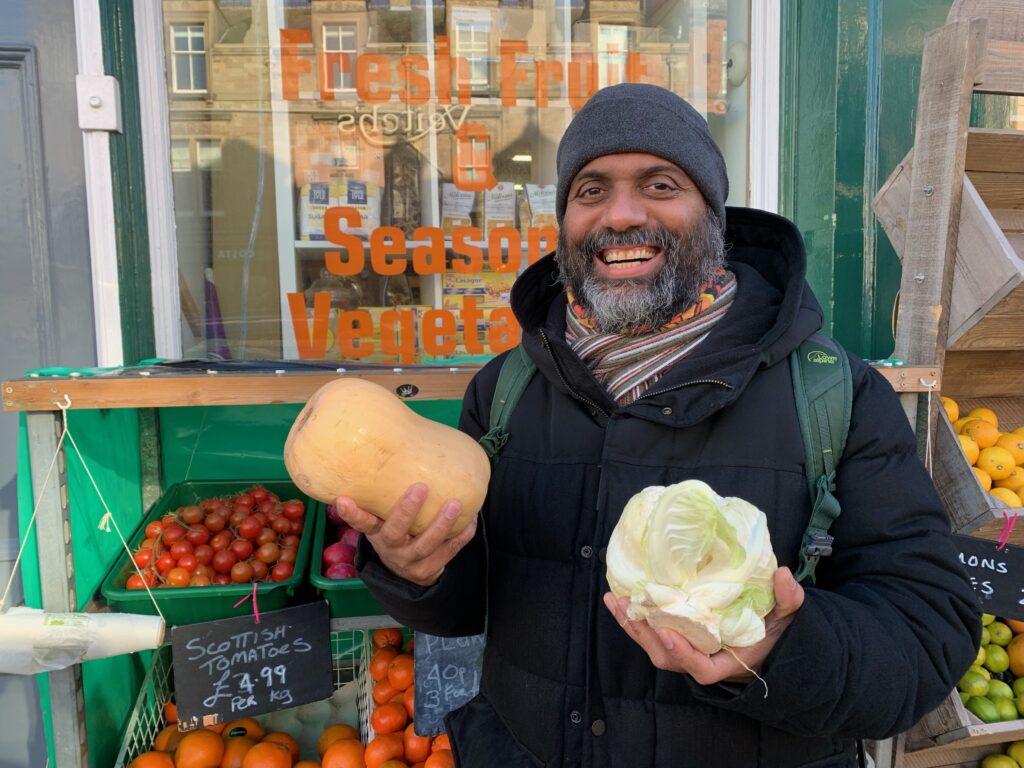In Scotland, the intricate relationship between diet and mental health is gaining increasing attention, particularly in the context of rising food insecurity and the prevalence of ultra-processed foods. Recent research underscores how nutrition profoundly influences psychological well-being, with implications spanning from individual health to broader public policy.
Food insecurity has emerged as a significant concern in Scotland, with profound effects on mental health. A 2024 report by The Food Foundation revealed that individuals experiencing food insecurity are more than twice as likely to suffer from mental health conditions, including anxiety and depression. The stress of uncertain access to nutritious food exacerbates psychological distress, creating a vicious cycle that is challenging to break. The situation is particularly dire among students. A study by the Mental Health Foundation found that over half of Scottish college students reported moderate to severe depression symptoms, with 37% experiencing food insecurity in the previous year. Among those facing food insecurity, a quarter exhibited severe depression symptoms, highlighting the direct impact of inadequate nutrition on mental well-being. Beyond access to food, the quality of one’s diet plays a crucial role in mental health. Ultra-processed foods (UPFs), which are high in sugars, salts, and unhealthy fats, constitute over half of the average Scottish diet. These foods are linked to increased risks of depression, anxiety, and cognitive decline. Nutritional psychiatry experts, like Felice Jacka, emphasize that diets rich in whole foods—such as fruits, vegetables, nuts, and fish—support better mental health outcomes by nourishing the gut microbiome and reducing inflammation. In Scotland, the affordability and accessibility of UPFs contribute to their prevalence, especially among low-income populations. This dietary pattern not only undermines physical health but also exacerbates mental health issues, reinforcing socioeconomic disparities.
Scotland is at the forefront of exploring the connection between metabolism and mental health. Researchers at the University of Edinburgh’s Hub for Metabolic Psychiatry are investigating how metabolic disturbances, such as those caused by poor diet and disrupted circadian rhythms, contribute to conditions like bipolar disorder. Preliminary studies suggest that ketogenic diets, which are high in fats and low in carbohydrates, may help stabilize mood and reduce depressive episodes in some individuals. Addressing the intersection of food and mental health requires comprehensive policy interventions. Advocates urge the Scottish Government to expand access to nutritious food through programs like Free School Meals and to consider the mental health implications of dietary policies. For instance, mandatory calorie labelling on menus has raised concerns about triggering eating disorders, highlighting the need for sensitive implementation of health initiatives.
Investing in mental health support services, particularly in educational institutions, and promoting public awareness about the importance of diet quality are essential steps toward improving mental well-being across Scotland. In conclusion, the interplay between food and mental health in Scotland is a multifaceted issue that demands coordinated efforts across healthcare, education, and policy sectors. By addressing food insecurity, promoting healthy dietary habits, and supporting innovative research, Scotland can make significant strides in enhancing the mental health of its population.
This column was published in the Peeblesshire News on Friday 3rd May 2025





